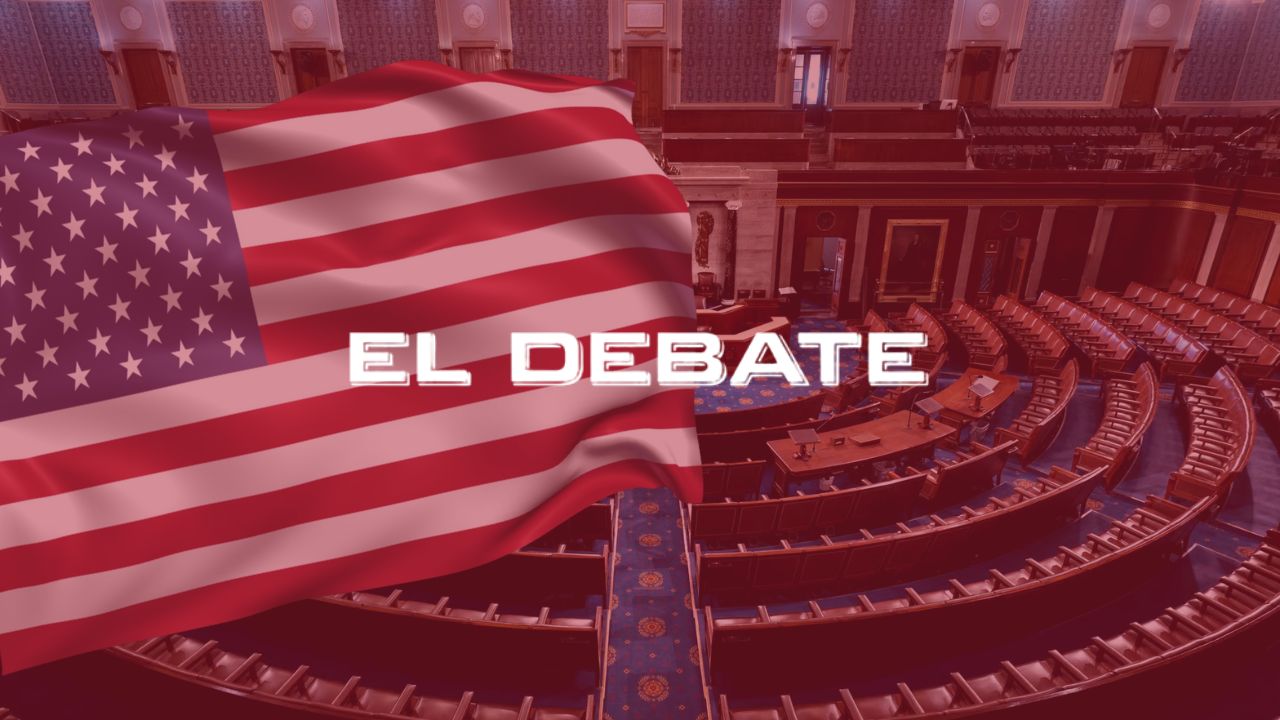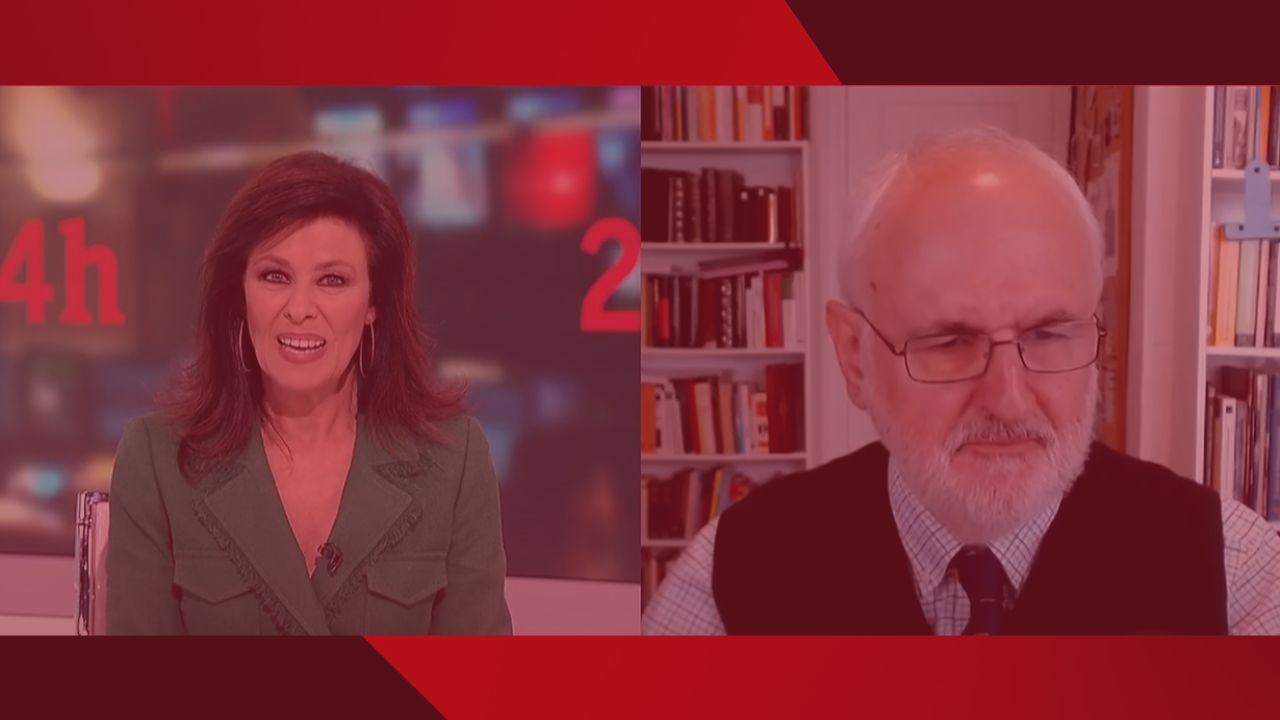In his last quarterly report, analysing the recent evolution of the national economy the Bank of Spain has declared there has been a decrease in mortgages due to the last legislative changes. Therefore, the interest rates applied to the new loans to acquire housing have increased 30 basis-points since September 2018. On November 8th, the Royal Decree-Law modifying the text of the Documented Juridical Acts Law (approved by Royal Legislative Decree 1/1993 September 24th), came into force. The new law charges the payment of this tax, which affected mortgages and used to charge the contributors, to the banking institutions. This meaning, banks will assume the notary, management and registry costs regarding mortgage lending. These are the legislative changes which the Bank of Spain refers to in its report. We have to bear in mind before studying this issue that Spain is the UE country paying more for this tax. Below Spain we can find France (Contributión de Securiteé Inmobilière), Italy (Imposta sostitutiva) and Portugal (Iposto do solo).
As previously mentioned, from now on the banks will pay the Documented Juridical Acts Tax apparently benefiting the clients. However, this has certainly caused negative effects, by complicating the procedure. Basically, banks need to subject clients asking for these loans to more scrutiny. Hypothetically, clients are more protected as they do not pay this tax; yet mortgages have become more expensive, seeming this protection to be relative.
The legal dilemma encompassed in this situation has been raised to the Supreme Court, the only organism with national scope, three times. On its first sentence, the Court ruled in favour of banks, then to switch its opinion by defending the clients’ interests. Finally it decided to favour the banking institutions again. The Consumers Association described this last ruling as “abhorrent” and the Judges for Democracy Association asked for the resignation of Carlos Lemes, President of the Court, and Luis Díez-Picazo, President of the Administrative Chamber. Every single political party leader manifested their concern on Twitter, where a couple months later the Pedro Sánchez, President of Spain announced: “Citizens will never pay mortgage tax again”. On February, the Congress approved the suppression of the Documented Juridical Acts Tax only for the clients, validating the Royal Decree Law.
The objective of this article is far from determining who has to deal with this burden. However, we can affirm that the Supreme Court has certainly impinged the juridical security principle of Law, by rendering contradictory decisions. Therefore, it is not reckless to consider the possibility that the Court’s uncertainty may have influenced the parliamentarians to approve the mortgage tax revocation bill.
This scenario invites us once more, to think about Sánchez’s adoption of measures abusing the Decree Laws (abuse of power), a mechanism planned for cases of extraordinary urgency and necessity. Even though Sánchez does not count with many members of the Parliament, he cannot base his government on this kind of legal instruments. The conclusions are not quite encouraging: aggrieved banks and clients, the latter one due to the mortgage decrease, the rise of the number of Decrees, and a Supreme Court which generates uncertainty.






